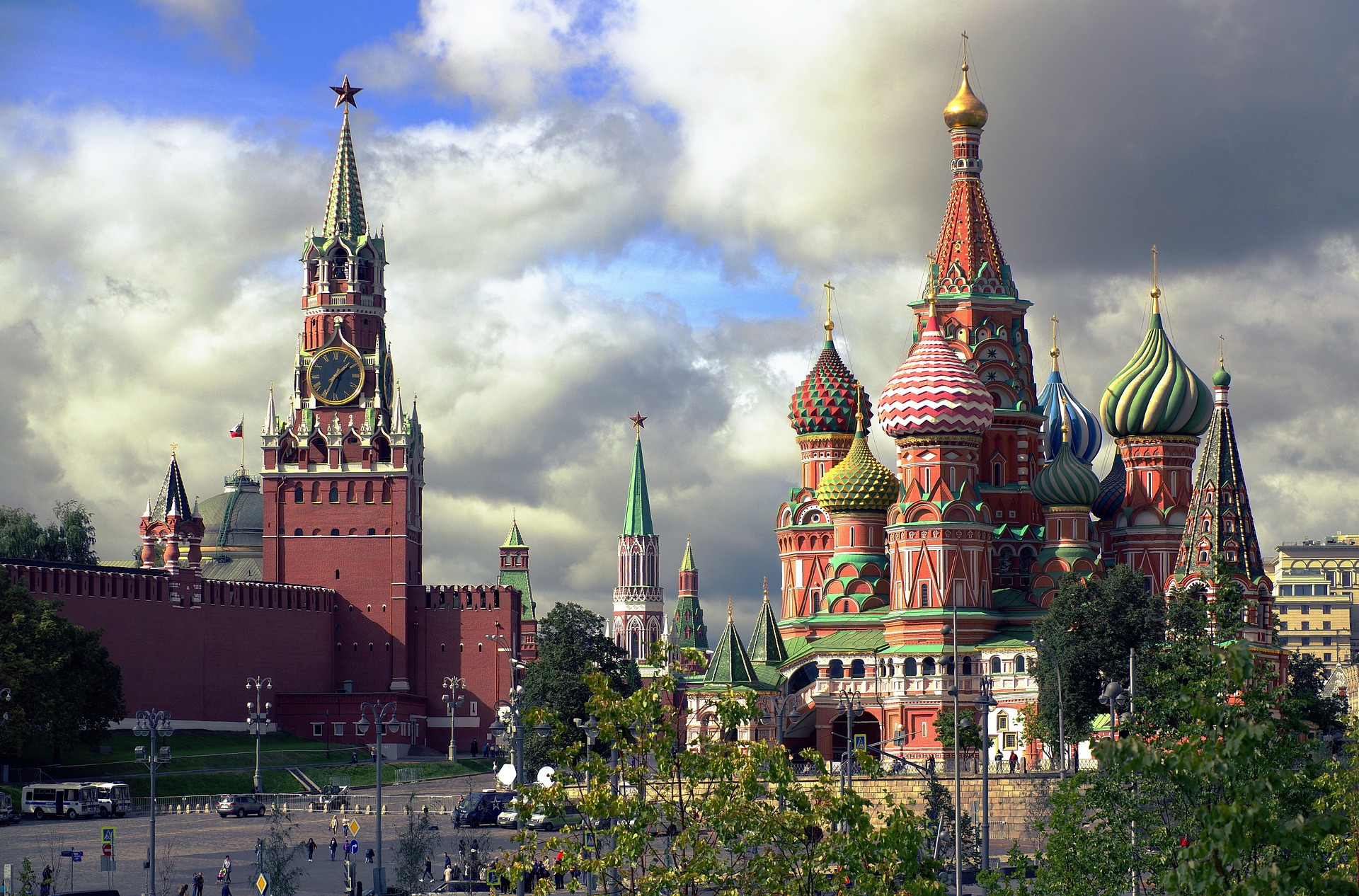Oligarch’s lawyers say UK caused serious hardship by freezing assets

Eugene Shvidler wants expedited court hearing to hear his claim that impounding his jets was wrong.
A Russian-born billionaire who is a close associate of the former owner of Chelsea FC, Roman Abramovich, has launched a legal challenge against UK government sanctions imposed on him in response to Vladimir Putin’s invasion of Ukraine.
The case is the first to be launched in the British courts by an individual with sanctions following the invasion of Ukraine, and could serve as a test case for other oligarchs seeking to overturn restrictions such as travel bans or asset freezes.
Eugene Shvidler has accused the Foreign Office (FCDO) of “significant errors” in its decision to target him with an asset freezing order and a ban on any aircraft or ships that he owns entering British territory.
Since exiting the EU in January 2020, Britain has been obliged to develop its own sanctions mechanisms, and the Shvidler case could be the first big test of their legal strength.
The UK government has imposed more restrictions in response to Russia’s invasion of Ukraine than either the EU or the US.
According to the billionaire’s legal claim, he has suffered “serious hardships” since being hit with sanctions, which led to two of his private jets being impounded within days.
At the time, the then transport secretary, Grant Shapps, described the measure as “depriving Putin’s cronies of their luxury toys”.
Shvidler said he had already succeeded in forcing Shapps to delete tweets that included the characterisation of him as a crony of the Russian president. The tweets did not appear to be visible on Friday afternoon.
“I wrote to him pointing out that this was completely wrong and two weeks ago he deleted those tweets,” said Shvidler. “He did that because he knew that what he said was wrong. It was an abuse of power.”
A legal claim form seen by the Guardian names the foreign secretary, currently James Cleverly, as the defendant and gives Shvidler’s address as a flat in a block a stone’s throw from Downing Street, where apartments have sold for £11m.
Shvidler’s lawyers are asking for an expedited hearing, which could take place within 28 days. Sanctioned individuals are only able to bring court claims after asking for a review of the decision-making process involved in applying sanctions.
The claim, filed on 24 February, hinges on the extent to which Shvidler can be considered an “involved person” in Russia’s actions. Shvidler is challenging the government’s assessment of his association with Abramovich and his role with the steel firm Evraz, which has been accused by the government of supporting the Russian war effort.
“The UK government was wrong to sanction me,” Shvidler said in a statement, according to Bloomberg, which first reported the legal claim. “I hope that the UK courts will agree and give me justice.”
Shvidler has had a “close relationship with Abramovich for decades”, according to the UK sanctions list. Their relationship stretches back to the acquisition of the oil firm Sibneft during the post-Soviet carve-up of Russia’s natural resources wealth.
The government imposed sanctions on Shvidler on 24 March last year, two weeks after ministers took the same action against Abramovich, citing “clear” links to Putin.
The FCDO said Shvidler had obtained financial benefit from his relationship with the oligarch.
It also cited his role as a non-executive director of Evraz, the coal and steel producer that Abramovich part-owned, and which the government claims has assisted with the Russian war effort.
Evraz was listed on the London Stock Exchange but its shares have been suspended since March 2022, when Abramovich was hit with sanctions.
The company, which was 29% owned by Abramovich, has previously denied providing the raw materials to build Russian tanks.
Shvidler’s lawyer, Michael O’Kane at Peters and Peters, said his client had been unfairly targeted.
“Mr Shvidler is a UK/US national,” said O’Kane. “He has never been a Russian citizen. The UK has sanctioned him for him having engaged in entirely lawful activity, in respect of a FTSE 100 company [the steel business Evraz].
“He has spoken out against the war and he cannot conceivably influence Russian government actions in Ukraine, which is meant to be the purpose of these sanctions.”
A spokesperson for the FCDO said: “Since Russia began its full-scale invasion of Ukraine, the UK and our international partners have imposed an unprecedented package of sanctions in order to damage Putin’s capacity to fund his illegal war, undermine his military machine, and target those who prop up Putin and his regime.
“UK sanctions are designed within a fair and transparent legal framework that provides protections for those designated. This means that every sanctioned individual or entity has the right to challenge their designation and there is a clear legal route to do so.”
This article was amended on 4 March 2023 to clarify Eugene Shvidler’s nationality. While he was born in the former USSR, as a quoted comment in the article indicated he has since become a US and UK citizen.
A year since it broke out, the conflict in Ukraine has changed the world, and the Guardian has covered every minute of it. Our reporters on the ground have endured personal risk to produce more than 5,000 articles, films and podcasts. Our live blog has been expertly updated continuously and comprehensively since the outbreak of Europe’s biggest war since 1945.
We know it’s crucial that we stay until the end – and beyond. There is no substitute for being there, as we did during the 1917 Russian Revolution, the Ukrainian famine of the 1930s, the collapse of the Soviet Union in 1991 and the first Russo-Ukrainian conflict in 2014. We have an illustrious, 200-year history of reporting throughout Europe in times of upheaval, peace and everything in between. We won’t let up now. Will you make a difference and support us too?
Article Credit: https://www.theguardian.com/business/2023/mar/03/oligarchs-lawyers-uk-caused-serious-hardship-freezing-assets-eugene-shvidler
